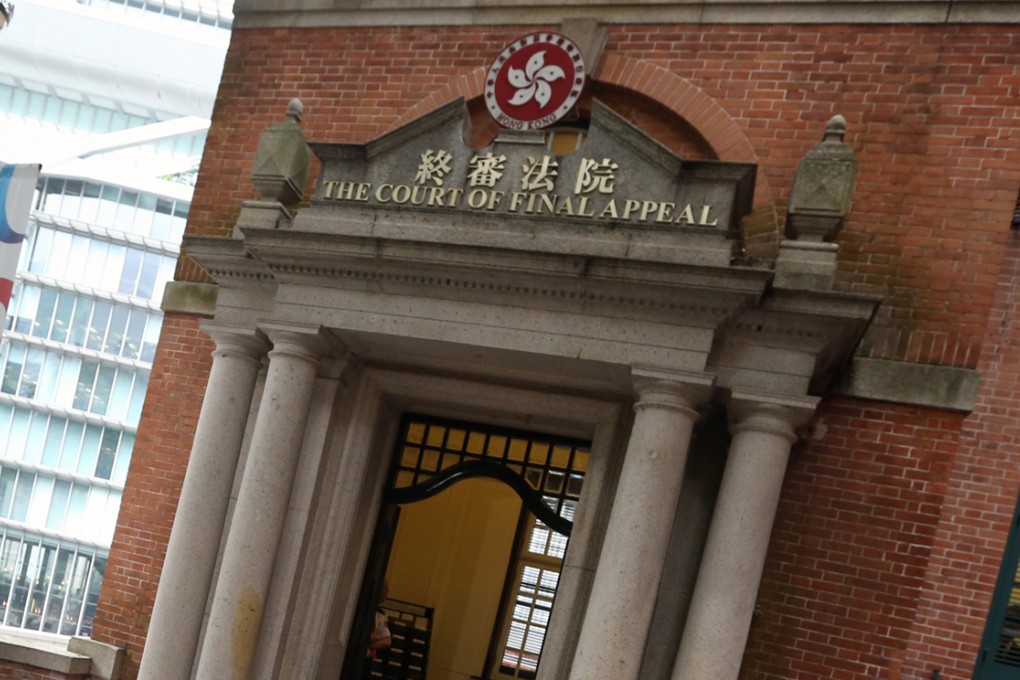Jake's View | Court of Final Appeal makes sense of money-laundering law
In overruling the findings of the lower courts, Mr Justice Spigelman dutifully clarifies the meaning of 'having reasonable grounds to believe'

Thank God for the Court of Final Appeal. When lower courts consider it their duty to turn themselves into conviction machines, it is the CFA that time and again sets the proper limits to what the law will allow them to do.
It has done so once more in a just-delivered decision overturning a lower court conviction of a garment manufacturer for money laundering. In the process, it has considerably tightened up the circumstances in which a loosely worded piece of legislation can be used to send people to jail for up to 14 years.
It also means that tens of people now behind bars for money laundering may have grounds to claim that they were unjustly convicted and should be set free forthwith.
The circumstances of the case, , were just what were needed to point up the weakness at the heart of the legislation, which makes it a criminal offence for people to deal in property that they have reasonable grounds to believe are the proceeds of an indictable offence.
Mr Pang arranged for two deposits totalling HK$14 million to be paid into one of his company accounts in Hong Kong through a close friend and business associate with whom he had had past dealings in short-term loans. He then paid out the money to one of this friend's companies. It turned out the money was fraudulently obtained. Guilty of money laundering, said a High Court jury. Yes indeed, said the Appeal Court. No, says Mr Justice James Spigelman of the CFA with three of his colleagues backing him.
Mr Justice Spigelman's argument hangs on the meaning of the words "having reasonable grounds to believe", which he says are perfectly understandable but were made subject to "unnecessarily elaborate analysis".
He then restored the importance of the accused's own state of mind in agreeing to a transaction later deemed to be money laundering, in this case accepting that Mr Pang believed the transaction to be above board and quashing his conviction.
